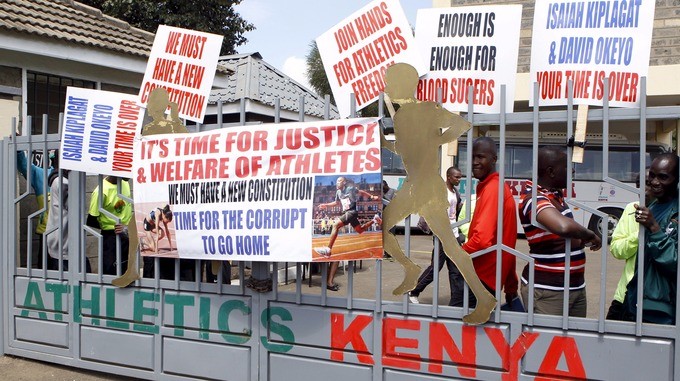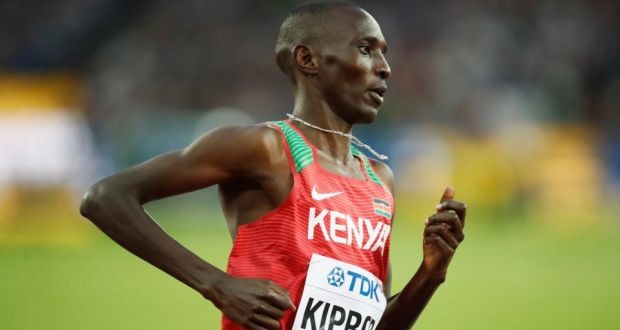Running News Daily
Running News Daily is edited by Bob Anderson. Send your news items to bob@mybestruns.com Advertising opportunities available. Train the Kenyan Way at KATA Kenya and Portugal owned and operated by Bob Anderson. Be sure to catch our movie A Long Run the movie KATA Running Camps and KATA Potato Farms - 31 now open in Kenya! https://kata.ke/
Index to Daily Posts · Sign Up For Updates · Run The World Feed
The side effects of doping are bad and it is just not worth doing it in the first place
At first, the Kenyan marathoner felt invincible. Racing out beyond the pack, his energy levels buoyed by blood doping, nothing seemed to stand in the way of victory.
"At 35 kilometres, I started getting cramps," the athlete told AFP on condition of anonymity, recalling the 2012 race in Europe where his health starting failing.
"I then started limping from 36-37 kilometres until I crossed the finish line."

Remarkably, he still finished second and recorded a personal best, returning home from the European race with a silver medal and a tidy pot of prize money.
Elated at the result, and unaware of the health risks associated with erythropoietin (EPO) abuse, the 35-year-old started doping again.
The pain came roaring back, worse than before. EPO boosts the capacity of blood to carry oxygen to the muscles but its misuse can cause a host of serious complications.
"I feel pain in my chest, my muscles are sore and I cough a lot," he said, describing common side effects of EPO, a peptide hormone banned by the World Anti-Doping Authority (WADA) since the early 1990s.
By 2016, he was forced off the track into early retirement, and has not run since.

"All I knew, was that once you dope, you end up running well. I never knew there would be such problems," he said.
Kenya barely survived a string of high-profile doping scandals in 2016 that almost saw the African nation celebrated for its distance runners barred from the Rio Olympics.
Since then, Kenya has increased its testing of athletes 10-fold through a new anti-doping authority and tough new laws also threaten users and their dealers with criminal sanctions.
But EPO use has not been stamped out, say Kenyan athletes, suppliers of the substance and anti-doping officials.
There are thousands of professional runners registered with Kenya's athletic federation, but only a handful of elite competitors are regularly screened by the national doping watchdog ADAK.
The lure to rise above the pack is strong.
"When life becomes difficult, you look for an option to make ends meet," said the former Kenyan athlete, who has struggled to make a living after his health deterioration from EPO abuse.
"I was told if I used it, I'd run much better. But now I have missed out on everything."
The Anti-Doping Agency in Kenya (ADAK) has run awareness campaigns under its slogan "Stay Clean, Win Right", trying to educate athletes on the harms of abusing performance enhancing drugs.
"They try, but it's not enough. Not everyone on the field has received the information," the athlete told AFP.
He said athletes themselves needed to spread the word about the dangers of doping.
"I would encourage them not to dope, because even if they made money... they could also damage their bodies."
Login to leave a comment




